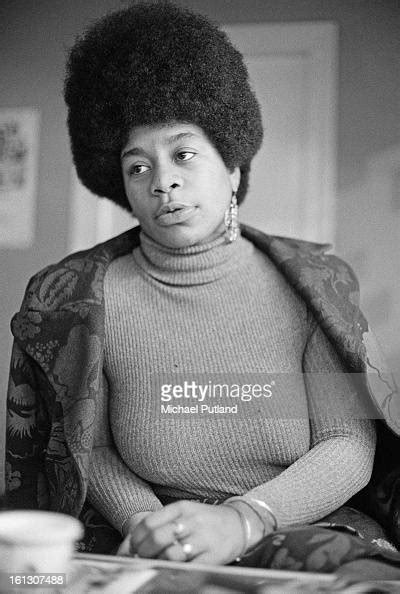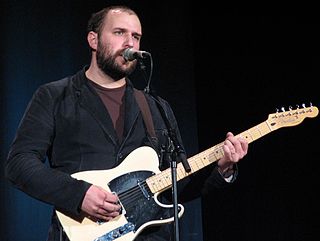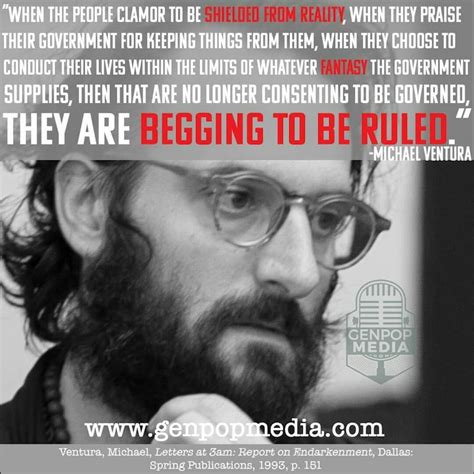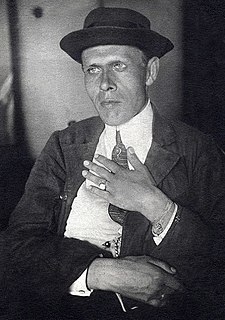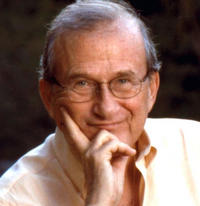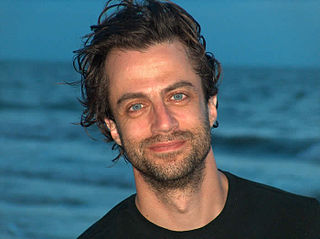A Quote by Warren Ellis
I can be collaborative, for instance, in situations where I go and study the artist's work before I start writing. Then I can at least try to write towards their style.
Related Quotes
You've got to be a good reader. So whatever genre that you're interested in, read a lot of books about it and it's better than any kind of writing class you'll ever take. You will absorb techniques and then in a lot of cases you can just start writing using the style of the book or the author that you admire and then your own style will emerge out of that. Be a diligent reader and then try to write seriously, professionally and approach everything in writing in a professional way.
Advice? Focus on the craft. Study the greats. Try and understand how and why they made the writing choices they did. Then, start by copying them...just as an exercise. See if you can do similar things. Learn how to write a song like so and so. Then, when you've done that, write a song like yourself. Learn to color within the lines before going outside them.
I have a notebook that I take with me everywhere. I free-write in it when there are situations that I know I can write a song about. I will just start writing everything that I can think of while trying to write some things that are kind of poetic or sound like they could be in a song. Then, after the music is written, I go back and look at my subjects to see which one I think woud go with what music. Then, I formulate it into a melody and get the song.
I get up late, have an espresso, and immediately start work. I try to get roughly caught up on email before I leave the house, then if I need to write anything or review a complex deal, I do that, and then I head to the office and work on my top few priorities for the day. I try to schedule my meetings in the afternoon.
For some reason there's this myth that creativity - [especially] in terms of creative writing - is a gift you either have, or you don't. So when people first start writing, if they write something that's not very good, or if they try and it's difficult, they go, "Oh, I guess I don't have it." That doesn't seem very fair, you have to try and you have to work at it. If we get scared of one bad poem and quit, that's not doing anybody any good.
In my mind, only one inviolable precept exists in terms of being a successful writer: you have to write. The unspoken sub-laws of that one precept are: to write, you must start writing and then finish writing. And then, most likely, start writing all over again because this writing "thing" is one long and endless ride on a really weird (but pretty awesome) carousel. Cue the calliope music.
On past records I usually did start with a story or an idea for a song and then write around it, but on Achilles' Heel I would just start writing and try to let the song and my sub-conscience determine the direction. which is a goofy way of saying I tried not to decide before hand what the song and or the characters would do and be like.
I try to write every day, preferably first thing in the morning. Of course, there are days when something happens to interfere with this ideal schedule. Then I try to find time later in the day. I usually work at home, but sometimes, for a change I'll go to a library or a cafe. And I like to read poetry before I sit down to write.
I try to write every day. I don't beat myself up about word counts, or how many hours are ticking by on the clock before I'm allowed to go and do something else. I just try to keep a hand in and work every single day, even if there are other demands or I'm on a book tour or have the flu or something, because then I keep my unconscious engaged with the book. Then I'm always a little bit writing, no matter what else I'm doing.
A typical workday for me is getting up at about 5:00, 5:15 in the morning, getting some coffee or tea as quickly as possible, and then getting to my desk. And ideally, I'll start writing around 5:30, 5:45, and I'll write for three, four hours, and then I'll take a break, and read over what I write. Maybe about lunchtime, I'll go exercise or get out into the day. Then I'll either read over what I wrote the day before and quit work around 3:00 or 4:00 in the afternoon and spend some time with my kids.
I try to write into the heart of experience. Then, through the experience of the writing, that heart reveals itself to me. To write it down for others, as a door to go through it they choose, is the price of the experience, the price of the ticket. This is the demand that God, if you like, puts on you for being an artist.




